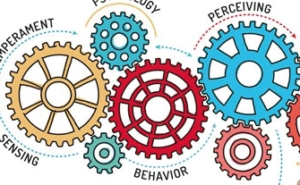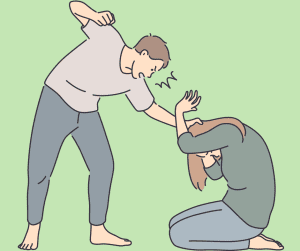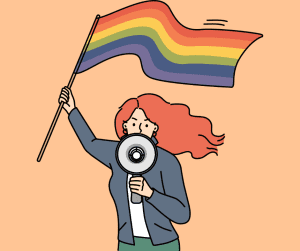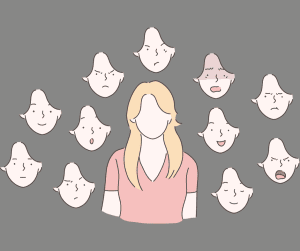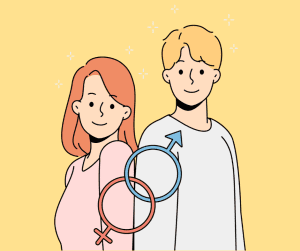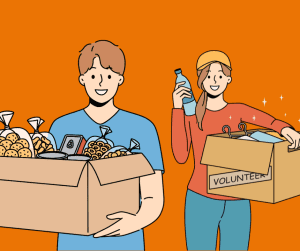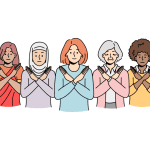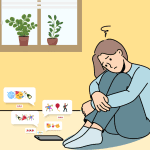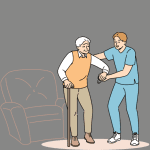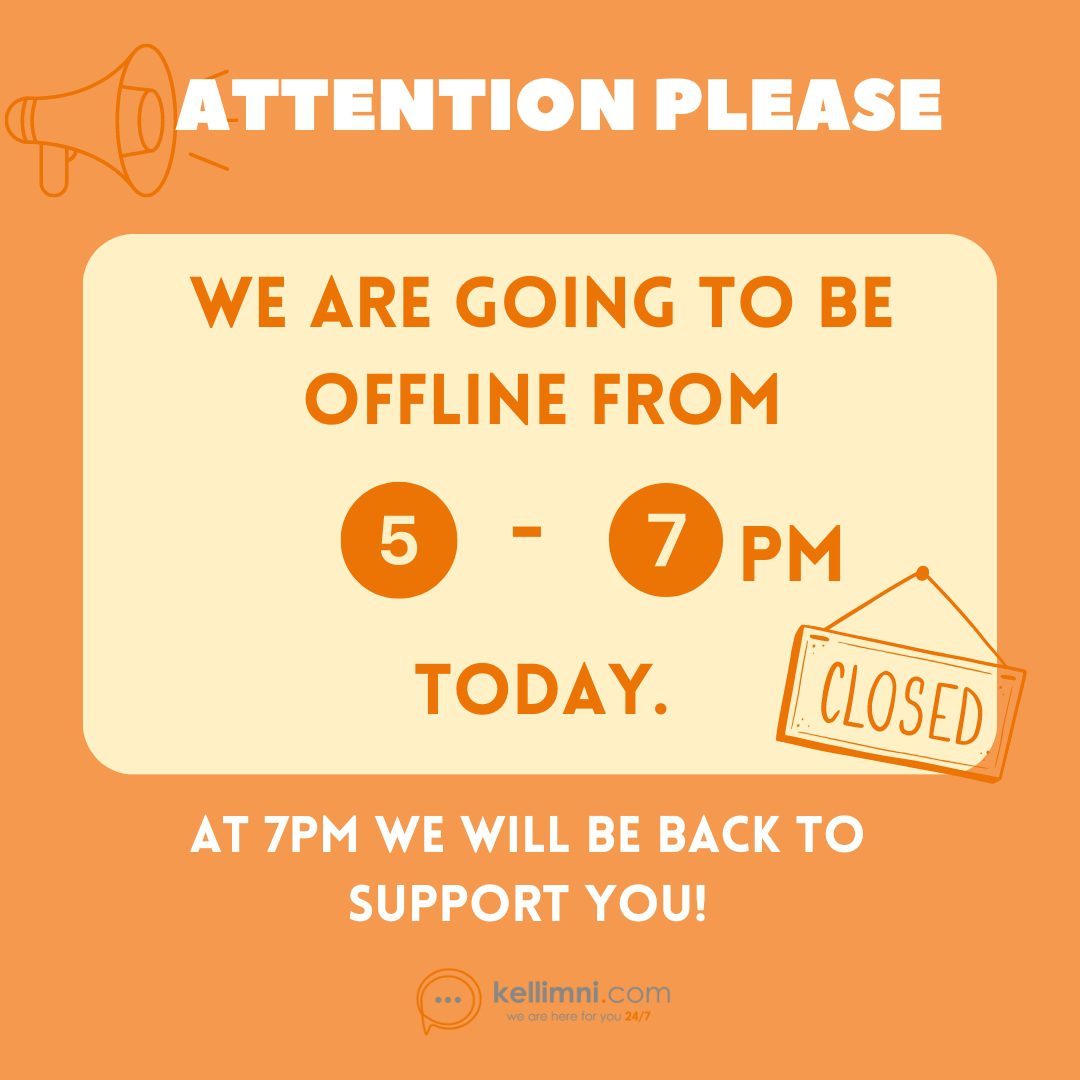Homelessness in Malta may not appear to be as big of a problem as it really is. This is because we are not used to visibly seeing people sleeping on the streets or in other public places. Instead, the social problem in Malta is hidden, which is different than the stereotype that we usually associate with homelessness. In fact, a local study said that “homelessness is the best-kept secret in Malta”. However, this does not mean that homeless people in Malta do not exist. A substantial number of individuals and families live in homeless shelters, and there are many households who are currently at risk of being homeless. The spectrum of homeless people in Malta can range from people living in temporary shelters; those living with relatives or friends because they have no place of their own; people awaiting release from institutions (hospital, prison, etc), as well as those living in insecure and inadequate housing. Although most people manage to get out of homelessness after some time, others get stuck in a vicious cycle of chronic homelessness due to a number of other issues.
Causes of homelessness
There are a number of factors that may contribute to an individual becoming homeless. Some of these are considered to be individual factors, such as family conflict, addiction, mental health problems and incarceration. Other causes of homelessness are attributed to structural factors, such as low wages and unemployment, housing costs, discrimination and poverty. Some causes of homelessness are out of a person’s control and in fact, a local study found that those who have experienced homelessness, did not do so by choice.
Statistics of homelessness in Malta
Based on the number of referrals received by YMCA, it appears that the social problem of homelessness is on the increase. According to their statistics from 2018, YMCA stated that the number of referrals received in 2015 was that of 264. The following year, the referrals went up to 355 and showed that females were experiencing homelessness more than males. Then, in 2017,
the total number or referrals received rose yet again to 366.
When collecting statistics, YMCA calculate these on the number of bed nights that residents spend at the shelter per year. The figures show that there was a significant increase in bed nights between 2015 and 2016, and that the most recent recorded statistic was that of 8082 bed nights in 2017. From these statistics, it appears that YMCA went from an average of 24 referrals per month in 2015, to around 33 referrals per month in 2017. The organization that mainly aims to support homeless people has had around 1014 new individual clients that benefited from the residential facility over the past 12 years.
Local organisations to support homeless people
There are various services that cater for homeless people in Malta such as drop-in centres, night shelters and residential programmes. Their service users include various groups of individuals in a vulnerable state, including homeless people, people experiencing domestic violence, and people with mental health problems. Some of these services include:
- YMCA
- Dar il-Hena Foundation
- Suret il-Bniedem Foundation
- Dar Qalb ta’ Gesu’
- Richmond Foundation

References
Mifsud, M. (2009). The unexplored journey to homelessness: The social factors that may contribute to adult homelessness in Malta. (Unpublished Bachelor dissertation). University of Malta, Malta. Retrieved from https://www.um.edu.mt/library/oar/handle/123456789/3064
Vakili- Zad, C. (2006). Counting the homeless in Malta. Journal of Housing and the Built
Environment, 21, 141–157. DOI:10.1007/s10901-006-9039-4
YMCA. (2018). YMCA Valletta Manifesto 2018. Retrieved from http://ymcamalta.org/audit/270b69b9de.pdf
